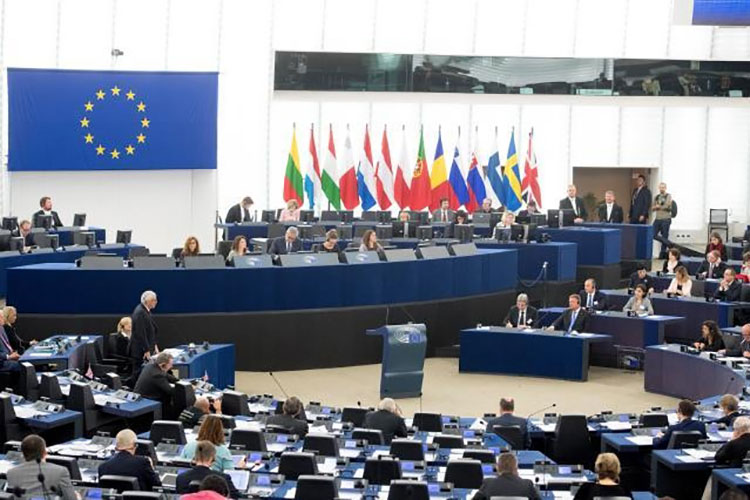The European Commission today presented its Work Programme for 2019, setting out three main priorities for the year ahead: reaching swift agreement on the legislative proposals already presented to deliver on its ten political priorities; adopting a limited number of new initiatives to address outstanding challenges; and presenting several initiatives with a future perspective for a Union at 27 reinforcing the foundations for a strong, united and sovereign Europe.
President Jean-Claude Juncker said: “Seven months from today, Europe will have its most important rendezvous with voters for a generation, at the European elections. I call on the European Parliament and the Council to adopt the proposals presented by the Commission in the past four years. Citizens do not care about proposals, they care about laws in force that give them rights. There would be no better message to voters taking to the polls next year than if we were to demonstrate that this Union delivers concrete, tangible results for them.”
First Vice-President Frans Timmermans said: “This Commission has consistently focussed on the challenges which can only be addressed through collective European action. This Work Programme contains no surprises: we have made all the proposals needed but now they must be agreed and their benefits implemented in practice. We will also look to the future with initiatives to ensure that tomorrow’s Union of 27 has an optimistic vision for a fair and sustainable future for all Europeans.”
The 2019 Work Programme focuses on just 15 new initiatives, and an additional 10 new REFIT evaluations, to review existing legislation and ensure it is still fit for purpose. To ensure a focus on delivery, the Commission Work Programme also lists the 45 pending priority proposals under the Joint Declaration on legislative priorities, for adoption by the Parliament and Council before the European elections. The Commission also suggests to withdraw or repeal 17 pending proposals or existing laws.
Delivering for Europeans
The Commission has already tabled all the legislative proposals needed to deliver on the ten priorities of the Juncker Commission. Together with the European Parliament and Council, we have found agreement on around half of these proposals so far, and a further twenty percent are well advanced in the legislative process. Our priority for the year ahead will be to get the greenlight on as many outstanding proposals as possible.
The Commission will also present a limited number of new initiatives, notably offering Europeans a strong perspective for the future. We will take stock of the Investment Plan for Europe and table a Reflection Paper on how to ensure a sustainable Europe for generations to come. We will put forward a coordinated plan on the development of Artificial Intelligence in Europe, table an Action Plan on Disinformation, and make a Recommendation to establish a European Electronic Health Record. We will also assess the remaining barriers to the Single Market and bring forward ideas to address them, and table a strategy on endocrine disruptors. To complete the Energy Union and tackle climate change we will present a strategy for long-term greenhouse gas emissions reduction and will report on the State of the Energy Union and the Action Plan on Batteries.
The European Commission will also make the case for more qualified majority voting in the fields of energy and climate, taxation and social policy. We will further strengthen the Rule of Law Framework and the international role of the Euro, report on progress on visa reciprocity, and present ideas for ‘Communicating Europe’. Finally, certain measures will be necessary to adapt the EU acquis in the context of Brexit. The European Commission will adapt our energy efficiency targets to the EU at 27, make the necessary proposals for the visa status of UK nationals after Brexit and present before the end of 2018 a number of necessary delegated and implementing acts.



